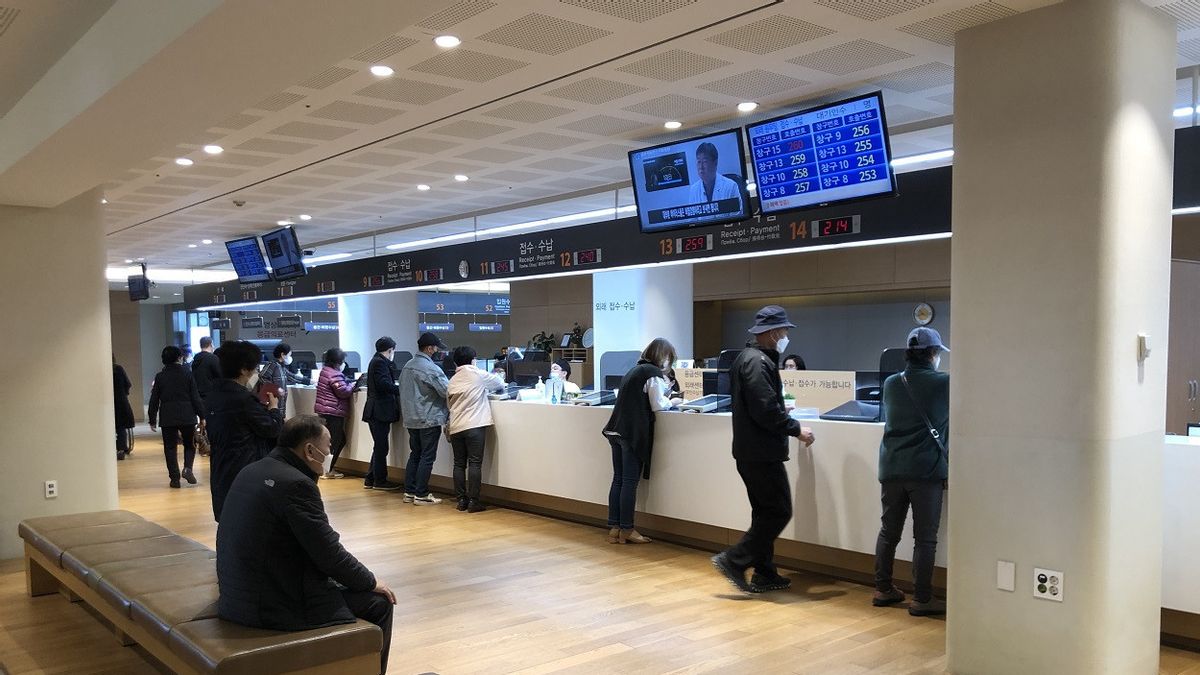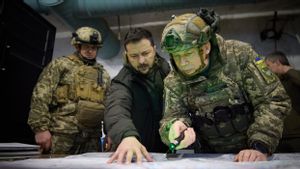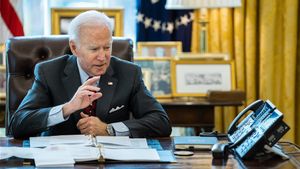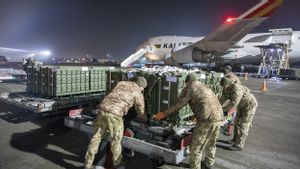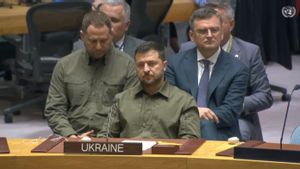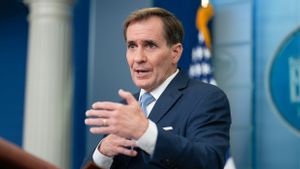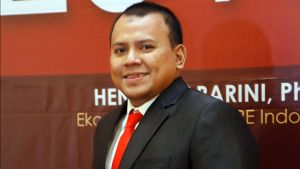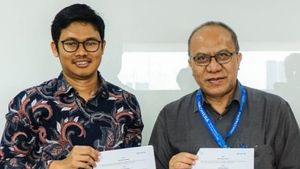JAKARTA - South Korean Deputy Health Minister Park Min-soo said on Monday the government plans to deploy more military doctors and other medical staff, as senior doctors at five major hospitals in Seoul decide to take weekly holidays.
The plan was announced when medical professors decided to suspend their work in either a day, or weekly, as a form of real support for the strike action carried out by junior doctors against the government's plans to increase the number of medical students.
"While it will be a challenge for them to fully replace the professors, this step is meant to minimize disruption in medical services," Deputy Minister Park told reporters.
Five major hospitals in Seoul - Asan Medical Center, Samsung Medical Center, Severance Hospital, Seoul National University Hospital and Seoul St Mary Hospital - a place where senior doctors who will take a day off, play an important role in treating critically ill patients.
Previously, Health Minister Cho Kyoo-hong launched a similar plan and renewed promises to complete medical reforms, although the mass strike by interns had crippled public health services in major hospitals for more than two months.
The government will "more strengthen the emergency care system by sending more medical personnel to prevent harm to patients due to resignations or sudden leave from medical professors," Minister Cho said in a government response meeting.
Minister Cho said the government would "firmly push for medical reform", calling on senior and junior doctors to stop their collective action against the government's plan to increase the number of medical students.
About 12,000 interns have left their workplaces since February 20, in protest over plans to increase the number of medical students by 2,000, which has led to delays in medical treatment, with several emergency rooms partially limiting their treatment of critically ill patients.
The government launched a special presidential commission for medical reform on Thursday to discuss the matter with the medical community, including doctors.
The Commission also decided to allow universities to determine their quota with a range of 50 to 100 percent of what the government sets for next year.
However, the doctors rejected the proposal and asked the government to review this issue from the start.
SEE ALSO:
Wamen Park repeated his call for doctors to find progress through talks, to complete the deadlock over the increase in the number of new medical school students.
"The government has a desire to hold a one-on-one dialogue with the medical community," said Deputy Minister Park.
He added that the government would increase compensation for the treatment of cerebrovascular disease and organ transplantation, as part of its efforts to support the essential medical field.
The English, Chinese, Japanese, Arabic, and French versions are automatically generated by the AI. So there may still be inaccuracies in translating, please always see Indonesian as our main language. (system supported by DigitalSiber.id)
